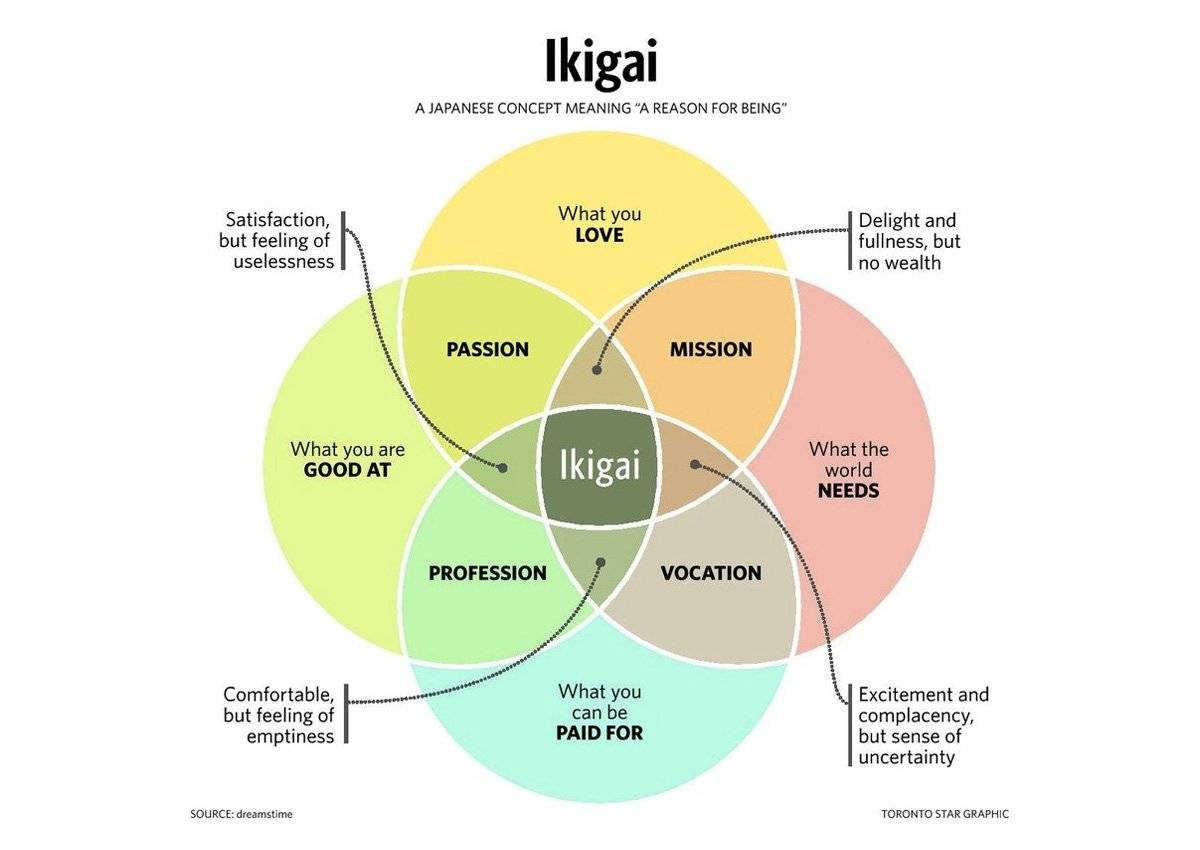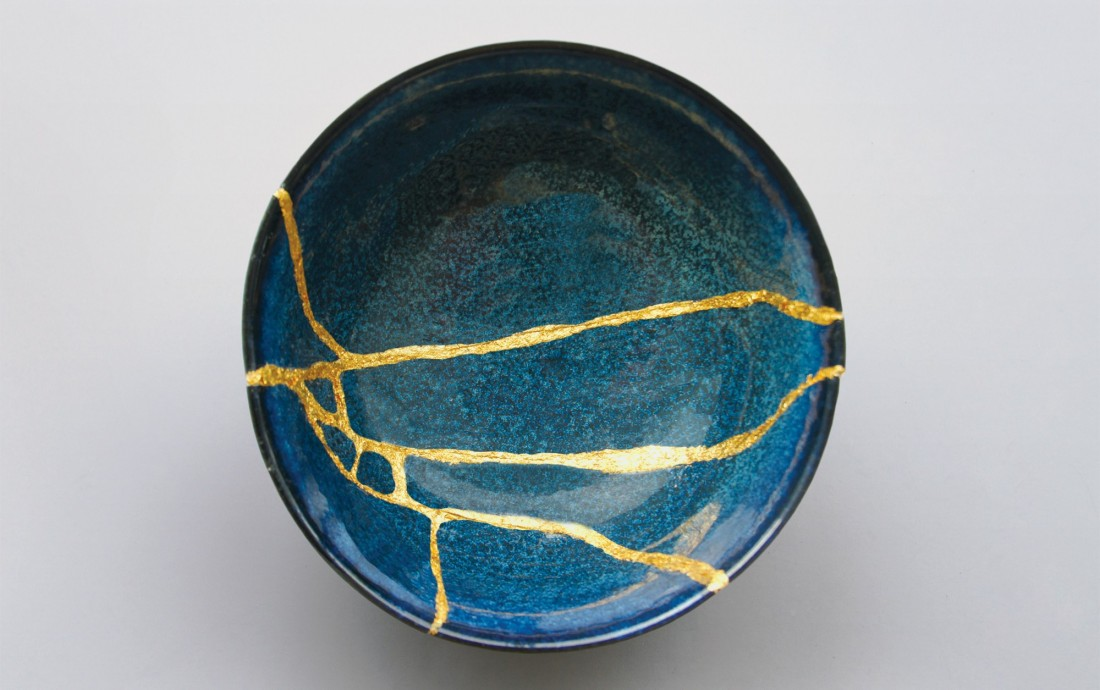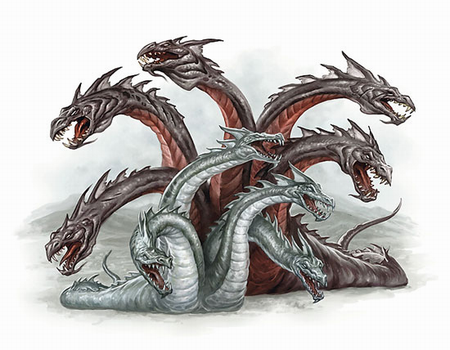Introduction
What if the secret to a long and fulfilling life wasn’t just about genetics, but rather the habits and mindset we cultivate daily? Many of us chase happiness, success, and longevity, but few truly understand the principles that contribute to a meaningful existence. Ikigai, a Japanese concept meaning “reason for being,” offers a structured way to find joy and purpose in life. This blog explores key factors to longevity and how adopting the right mindset and habits can help us live longer, healthier, and more fulfilling lives.
Key Factors to Longevity
- Ikigai
- Diet
- Sleep
- Exercise
- Community
- Resilience
Ikigai

We spend most of our lives working. So it is a wise choice to find an activity that meets these four criteria:
What you LOVE
What you are GOOD AT
What the world NEEDS
What you can be PAID FOR
Some activities satisfy only some of these criteria. Take playing video games, for instance. Although many of us love playing video games and may be good at it, that is not necessarily what the world needs, and it might not provide financial security.
Find an activity that you enjoy even on weekends, during vacations, and after retirement. Many retirees experience an existential crisis after they stop working, which can accelerate mental and physical aging.
Diet
Never drink alcohol: Alcohol clouds mental clarity and intuition for days. While it might temporarily boost your mood, it functions like a loan—you’ll pay it back with interest in the form of long-term consequences.
Never smoke
Avoid junk food: It is calorie-dense but nutritionally poor.
Eat a balanced diet: Ensure you consume proteins, carbohydrates, and healthy fats.
Eat more vegetables and fruits: Vegetables have low calorie density, meaning you can eat a lot without gaining weight. The Japanese recommend a “rainbow diet,” which involves eating a wide range of colorful vegetables—each color linked to different nutrients. Different-colored plants provide various health benefits.
Drink green or white tea: These teas contain antioxidants that help fight free radicals, slowing down the aging process.
Sleep
Sleep is crucial for longevity, cognitive function, and overall well-being. Poor sleep increases the risk of cardiovascular diseases, weakens the immune system, and impairs mental clarity.
Why Sleep Matters
Cognitive function: A good night’s sleep enhances memory, focus, and problem-solving abilities.
Physical health: Sleep regulates metabolism, hormones, and immune response.
Emotional well-being: Lack of sleep contributes to stress, anxiety, and irritability.
Tips for Better Sleep
Maintain a fixed sleep schedule: Going to bed and waking up at the same time each day helps regulate your body’s internal clock.
Avoid screens before bedtime: The blue light from devices suppresses melatonin production, making it harder to fall asleep.
Limit caffeine and heavy meals before bed: Caffeine disrupts sleep, and heavy meals can cause discomfort, leading to poor rest.
Create a relaxing bedtime routine: Activities like reading, meditation, or taking a warm bath can help signal your body that it’s time to wind down.
Exercise
“Metabolism slows down 90 percent after 30 minutes of sitting. The enzymes that move the bad fat from your arteries to your muscles, where it can get burned off, slow down. The muscles in your lower body are turned off. And after two hours, good cholesterol drops 20 percent. Just getting up for five minutes is going to get things going again. These things are so simple they’re almost stupid.” — Gavin Bradley
Personally, I use the Pomodoro Technique for productivity and to avoid prolonged sitting. After each 25-minute work session, I stand up, take a short walk, and get fresh air.
Radio Taiso
Radio Taiso is a Japanese radio program that has promoted short group exercises since World War II. These 5-10 minute workouts help maintain physical health and foster social unity.
The book also discusses other forms of exercise such as Yoga, Sun Salutation, Tai Chi, Qigong, and Shiatsu.
Community
I used to struggle with social anxiety, fearing that my words or actions might turn people against me. But that was just overthinking. If your current community does not appreciate your actions or beliefs, then leave that community and find a better one. The key is to express yourself freely while being open to others’ perspectives.
Resilience

“Fall seven times, rise eight.” — Japanese proverb
Resilient individuals stay focused on what matters without succumbing to discouragement. Their adaptability is their strength. They concentrate on what they can control and don’t worry about what they can’t.
“God, grant me the serenity to accept the things I cannot change, the courage to change the things I can, and the wisdom to know the difference.” — serenity prayer
Achieving Resilience by Stoicism
Stoicism teaches that pleasures and desires are not inherently bad—as long as they don’t control us. For example, video games can be enjoyable, but if they begin to take priority over life, work, and relationships, they become problematic.
Achieving Resilience by Wabi-Sabi
 Wabi-Sabi is a Japanese philosophy that embraces imperfection and transience. Nothing lasts forever; everyone reading this blog post will eventually vanish from reality. Wabi-Sabi teaches us to accept imperfection and appreciate life’s ever-changing nature.
Wabi-Sabi is a Japanese philosophy that embraces imperfection and transience. Nothing lasts forever; everyone reading this blog post will eventually vanish from reality. Wabi-Sabi teaches us to accept imperfection and appreciate life’s ever-changing nature.
Achieving Resilience by Being Antifragile

Nassim Nicholas Taleb, in his book Antifragile, describes how some entities grow stronger under stress. A prime example is the Hydra—when one head is cut off, two grow in its place. Similarly, in bodybuilding, micro-tears in muscles during workouts lead to stronger muscles after recovery.
How to Become Antifragile:
Create redundancies: Have multiple income sources and diverse relationships.
Take small risks: Don’t fear risk—but start small. Even antifragile people can face catastrophic losses if they take reckless risks.
Eliminate fragility: Remove people, habits, and environments that keep you in your comfort zone and prevent growth.
What I disliked
Although the book was relatively short, some chapters, like VI: Lessons From Japan’s Centenarians, felt more like travelogues rather than insightful lessons.
Additionally, not everything in Japanese culture is applicable to everyone. For instance, I found their perspective on spirituality lacking in logic and common sense.
Another point of contention was Hara Hachi Bu, which suggests eating until you’re 80% full. The book did not provide strong evidence for this rule. Instead, I recommend first calculating your caloric needs and planning meals accordingly to avoid over- or under-eating.
My Score
I rate this book 8 out of 10.
It introduced the concept of Ikigai and emphasized the value of good habits. The writing was clear and easy to follow. However, some chapters felt unnecessary, and certain cultural elements did not resonate with me.
References
- Ikigai, Francesc Miralles and Hector Garcia
- 7 Ways to Maximize Misery 😞
- Effects of Alcohol
- Eat the Rainbow
- Pomodoro Technique
- Radio Taiso
- Washington Post Article
- Calorie Calculator
- Nassim Nicholas Taleb